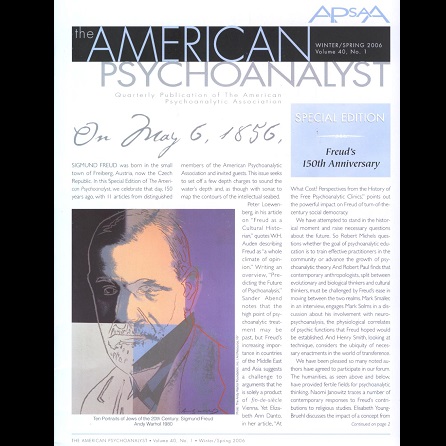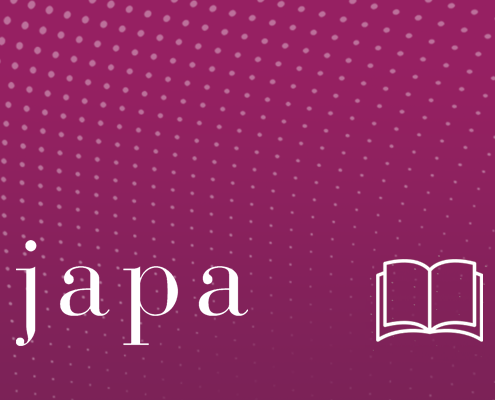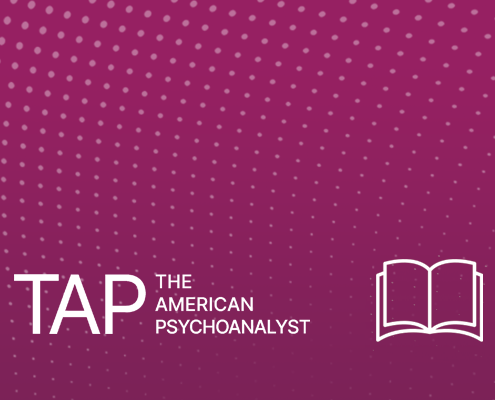Description
Author: Rona Knight, Ph.D.
Description: This article traces a fresh conceptualizing of the “latency period.” Latency has long been understood as a desexualized stage that occurs subsequent to the sexually charged Oedipal conflict and preceding a sexual re‐emergence in adolescence. Traditionally, latency is a discrete stage in a linear passageway to normality, often viewed as a way station at which a patient can get stuck, or to which she may regress. The author challenges this essentially passive model of latency, arguing instead that the role of the analyst is not to passively shepherd the patient through the tunnel of latency, as it were, but to co‐author a narrative that allows for growth. Latency is thereby re‐conceptualized as an opportunity for active engagement in the psychodynamic process as opposed to a stage where the patient and therapist stand watch to ensure that the passage is made to the next stage of the process. Drawing on recent work in cognition, neurobiology and her own research, the author proposes a competing view of latency as a non‐linear, dynamic struggle in which the child actively negotiates biological, environmental, and psychological drives.
Educational Objectives:
After reading this article the participant will be able to:
(1) Characterize how new research challenges to the traditional Freudian conception of the ‘latency’ stage as linear, passive, and uneventful; and
(2) Formulate new frameworks for dealing with patients in the latency stage, and more specifically, foster the ability to work with such patients to create a new narrative of development that can foster growth within the latency period
Criteria for Completion:
- Read article
- Submission of completed evaluation form of the article and the overall evaluation
- 80% passing grade of post-test questions
- Continuing Education Credits: 1.5
Cost: $30.00
Continuing Professional Education Credit
Important Disclosure Information for All Learners: None of the planners and presenters of the CME program have any relevant financial relationships to disclose unless specifically noted.
Physicians The American Psychoanalytic Association is accredited by the Accreditation Council for Continuing Medical Education to provide continuing medical education for physicians.
The American Psychoanalytic Association designates this Internet Activity Enduring Material for a maximum of 2 AMA PRA Category 1 Credit(s)™. Physicians should claim only the credit commensurate with the extent of their participation in the activity.
Psychologists The American Psychoanalytic Association is approved by the American Psychological Association to sponsor continuing education for psychologists. The American Psychoanalytic Association maintains responsibility for this program and its content.
Social Workers This program is Approved by the National Association of Social Workers (Approval # 886504845-9324) for 1.5 continuing education contact hours.
New York State Licensed Psychoanalysts American Psychoanalytic Association, Inc. is recognized by the New York State Education Department’s State Board for Mental Health Practitioners as an approved provider of continuing education for licensed psychoanalysts. #P-0013.
New York State Social Workers American Psychoanalytic Association, Inc. is recognized by the New York State Education Department’s State Board for Social Work as an approved provider of continuing education for licensed social workers #SW-0186.
IMPORTANT:
- UPON FINISHING YOUR ORDER, YOU WILL RECEIVE A CONFIRMATION EMAIL IMMEDIATELY.
- YOU WILL THEN RECEIVE A SECOND EMAIL CONTAINING A LINK TO THE JAPA ARTICLE. RECEIPT OF THIS EMAIL WILL DEPEND ON WHEN THE ARTICLE WAS PURCHASED.
- IF YOU MAKE YOUR PURCHASE:
- DURING NORMAL BUSINESS HOURS (9:30 a.m. – 5:00 p.m., Monday – Friday), YOU WILL RECEIVE THE SECOND EMAIL WITHIN TWO HOURS.
- AFTER WORK HOURS, YOU MAY NOT RECEIVE THE SECOND EMAIL UNTIL THE NEXT BUSINESS DAY.
- ON THE WEEKEND, YOU MAY NOT RECEIVE THE SECOND EMAIL UNTIL MONDAY.





